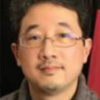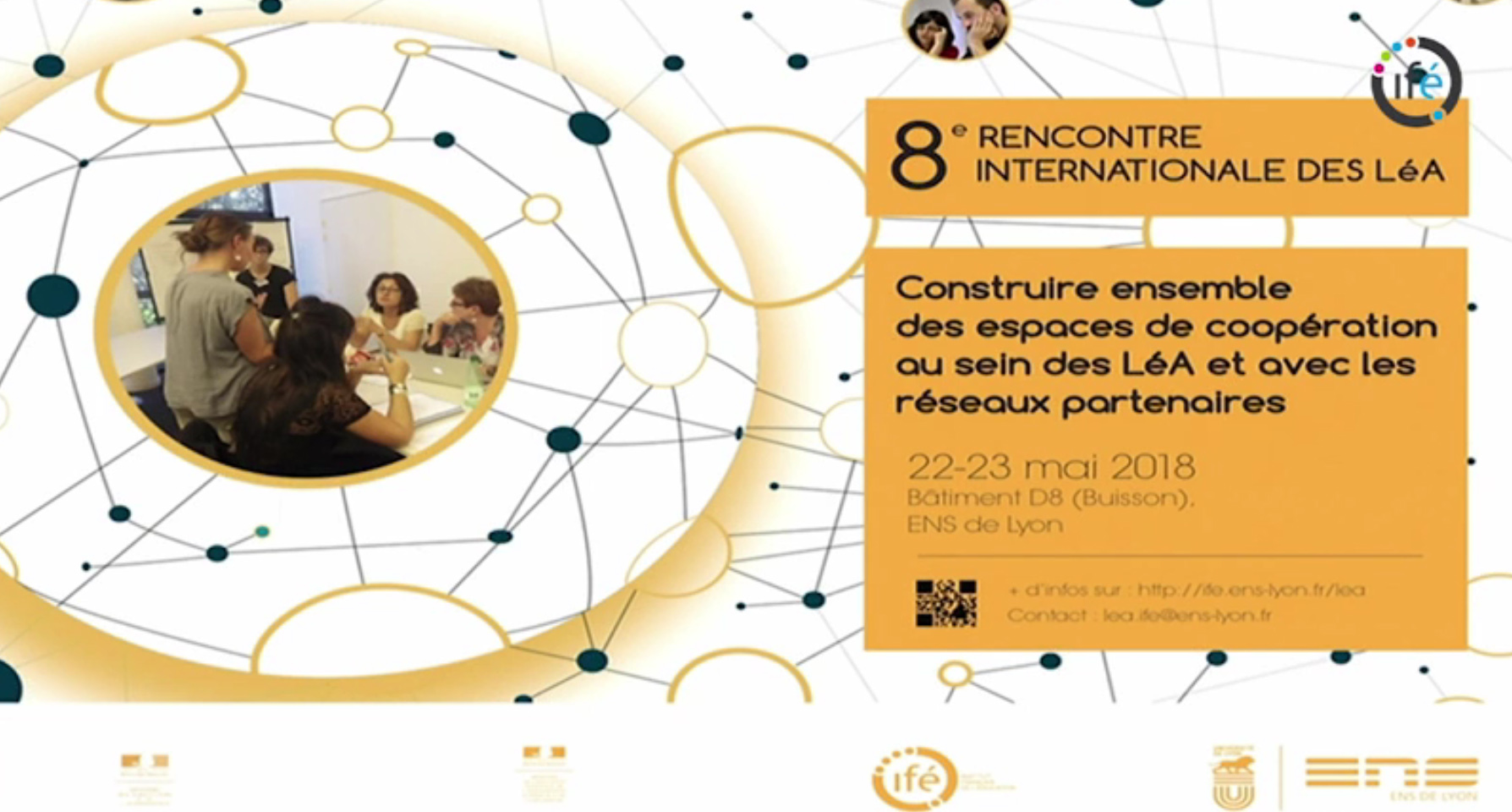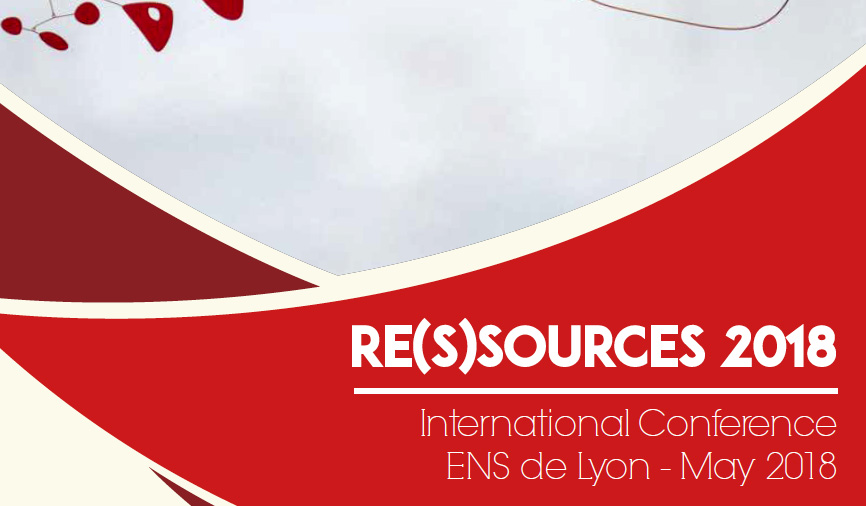
Miyakawa, Takeshi (1972-.... ; auteur en didactique des mathématiques)
Takeshi Miyakawa is an associate professor of the Joetsu University of Education in Japan and actually staying in ENS de Lyon for his oneyear sabbatical leave (2017-2018). He obtained his PhD degree of the didactics of mathematics from the University of Grenoble in 2005. His research interest is twofold: teaching and learning of proof and proving on the one hand (Miyakawa, 2017), and teachers’collective work in different settings including Lesson Study in Japan on the other hand (Miyakawa &Winsløw, 2013; 2017). For both themes, he conducts research within the framework of the Anthropological theory of the didactic and is trying to adopt a comparative perspective between Japan (or East Asian countries) and European countries.
Miyakawa, T. (2017). Comparative analysis on the nature of proof to be taught in geometry: the cases of French and Japanese lower secondary schools. Educational Studies in Mathematics, 94(1), 37-54.
Miyakawa, T. & Winsløw, C. (2013). Developing mathematics teacher knowledge: the paradidactic infrastructure of "open lesson" in Japan. Journal of Mathematics Teacher Education, 16(3), 185-209.
Miyakawa, T. & Winsløw, C. (2017, Online First). Paradidactic infrastructure for sharing and documenting mathematics teacher knowledge: a case study of "practice research" in Japan. Journal of Mathematics Teacher Education.
Takeshi Miyakawa est professeur associé à l’Université d’éducation de Joetsu au Japon, actuellement en séjour de recherche pour un an à l’ENS de Lyon. Il a obtenu son doctorat en didactique des mathématiques à l’Université de Grenoble en 2005. Ses intérêts de recherche sont doubles : d’un côté l’enseignement et l’apprentissage de la preuve en mathématiques (Miyakawa, 2017), de l’autre côté le travail collectif des enseignants dans différents dispositifs, en particulier les Lesson Studies au Japon (Miyakawa & Winsløw, 2013; 2017). Pour ces deux domaines, il développe da recherche dans le cadre de l’approche anthropologique du didactique, et essaie d’adopter une perspective comparative entre le Japon (plus largement les pays d’Asie orientale) et les pays européens.
Miyakawa, T. (2017). Comparative analysis on the nature of proof to be taught in geometry: the cases of French and Japanese lower secondary schools. Educational Studies in Mathematics, 94(1), 37-54.
Miyakawa, T. & Winsløw, C. (2013). Developing mathematics teacher knowledge: the paradidactic infrastructure of "open lesson" in Japan. Journal of Mathematics Teacher Education, 16(3), 185-209.
Miyakawa, T. & Winsløw, C. (2017, Online First). Paradidactic infrastructure for sharing and documenting mathematics teacher knowledge: a case study of "practice research" in Japan. Journal of Mathematics Teacher Education.
Vidéos
Le travail collectif au Japon : le rapport entre chercheurs et acteurs du terrain
La lesson study au Japon est une pratique propre des enseignants, qui repose sur le travail collectif autour d’une leçon ou d’une série de leçons donnée (préparation, réalisation et évaluation),
Teachers collective work inside and outside school as an essential spring of mathematics teachers' …
In this lecture, we try to show how teachers’ collective work promotes documentational works on the resources including teaching material, lesson plan, textbooks, etc. for developing, communicating,
Mathematics Teachers as Designers
The goal of the panel discussion is to develop deeper understandings of the processes involved when teachers act as designers



